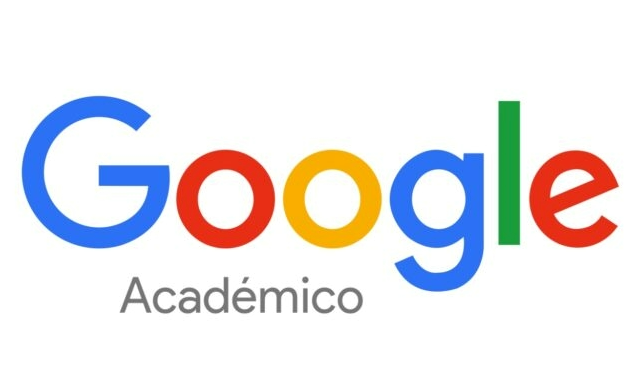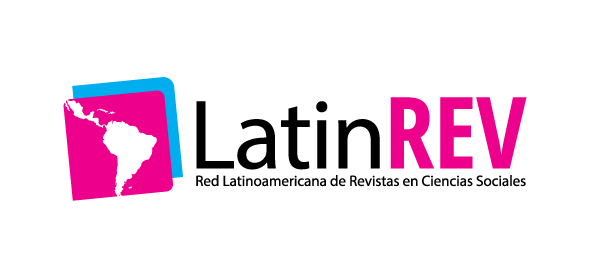Impacto de la tecnología en el aprendizaje colaborativoy el rendimiento académico
DOI:
https://doi.org/10.70833/rseisa5item64Keywords:
Collaborative learning, Web 2.0, virtual classroom, academic performanceAbstract
In the current document, we can find, how Internet and the new technological environments bring us the opportunity to set out the methodological renewing in the teaching practices, giving place to newlearning fields in and out the classroom.
The increasing velocity of the scientific and technological advances are do i ng that the i nformat i on and
knowledegement have to be unreachable, because the students must assimilate them too fast, that it means than a continuous and dizzy updating is always necessary.
The amin object of this research is focused to establish the technology´s impact in the collaborative learning and also in the student´s academic performance in the subject Informatic I, Faculty of Economic Sciences, Catholic University, Branch Itapúa.
The applied methodology for the data searching was: Individual activities analysis, creativity, several technological resources using and group working, made through different tasks. As well the analysis in the content diagnosis and final tests were applied. The tools and resources were: Likert Scale, learning strategies check list, diagnosis test and academic performance test. The main resource were the platform Claroline and the Web 2.0 using.
As significant summing up of this research, can be noted: a) Medium increasing in the collaborative working using as per didactic methodology, through the technological tools using. b) Significant improving in the academic performance by the virtual classroom and Web 2.0 using, and c) The Marzano Taxonomy is the most adequate to reach the collaborative learning between students.
Downloads
References
COBO ROMANÍ, Cristobal; PARDO KUKLINSKI, Hugo. (2010). Planeta Web 2.0. Inteligencia colectiva o medios fast food. España.
DRISCOLL, M.P. y VERGARA, A. (1997): Nuevas tecnologías y su impacto en la educación del futuro, en Pensamiento educativo, 21.
Santiago de Chile, Pontificia Universidad Católica.
GARCÍA-MARIRRODRIGA, Rodrigo; DURAND, Julio César. (2009).
Alternancia y construcción de alternativas educativa: la aventura de una formación- acción- investigación universitaria. Argentina.
JIMÉNEZ PARDO, María Lina; GONZÁLEZ SÁNCHEZ, María Caridad; RODRÍGUEZ PUERTO,
Clara. (2010). Metodología para utilizar los software educativos en el proceso de enseñanza-aprendizaje. En: Memorias Universidad. Cuba.
MARGALEF, Leonor; y otros. (2010). Innovar en la enseñanza universitaria. Biblioteca de la Nueva Educación. Madrid.
POZO, J.I. (1996 b). Aprendices y maestros. Madrid. Alianza Psicología minor.
POZO, Juan Ignacio y PÉREZ M. del Py. (2009). Psicología del aprendizaje universitario: La formación en competencias. Madrid.
SALGUERO, Eduardo. (2009). La pedagogía institucional y la pedagogía tradicional. Argentina.
TOBÓN TOBÓN, Sergio. (2010). Formación integral y competencias. Pensamiento complejo, currículo, didáctica y evaluación. Colombia.
Downloads
Published
How to Cite
License
Creative Commons Attribution License CC-BY
You are free to:
Share — copy and redistribute the material in any medium or format.
Adapt — remix, transform, and build upon the material for any purpose, including commercially.
Under the following terms:
Attribution — You must give appropriate credit, provide a link to the license, and indicate if any changes have been made. You may do so in any reasonable way, but not in any way that suggests that you or your use is endorsed by the Licensor.







